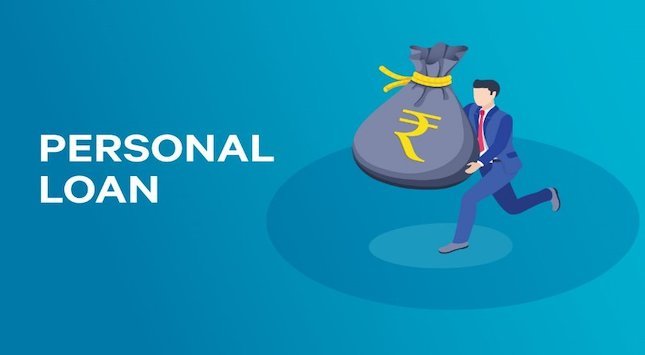Credit cards and personal loans can be valuable financial tools, providing access to quick cash and the ability to make purchases without paying in full. However, if used irresponsibly, they can cause various financial problems.
Personal loans and credit cards carry the dangers of high interest rates, the possibility of incurring long-term debt, and overspending or default. In this article, we will discuss how personal loans and credit cards can harm your finances and strategies for using them responsibly to avoid such harm.
The Dangers of Personal Loans
Individuals needing quick cash or seeking to consolidate debt may find personal loans to be a valuable financial tool. However, irresponsible use of personal loans can harm your finances in various ways. The high interest rates associated with personal loans are one of their most significant risks. Numerous personal loans have significantly higher interest rates than other types, such as mortgages or auto loans, which means that the total amount you will be required to repay can be considerably higher than the amount you initially borrowed.
In addition, the possibility of incurring long-term debt is another risk associated with personal loans. If you can’t repay the loan on time, you may become trapped in a difficult-to-break debt cycle. Another risk is the possibility of default, which can severely affect your credit score and future ability to obtain credit.
Personal loans can also have a negative effect on your credit rating. A personal loan can impact your credit score if you make payments on time or your loan balance is within your credit limit, making it more difficult to obtain credit in the future, whether for a mortgage, automobile loan, or credit card.
Moreover, personal loans can be risky for individuals already in a precarious financial situation. Personal loans can make it more challenging to make ends meet if you are already struggling, especially if the loan has a high interest rate. This can lead to a vicious cycle of debt and make it more difficult to regain financial stability.
The Dangers of Credit Cards
Credit cards can be a convenient and valuable financial tool for making purchases and earning rewards, but if used irresponsibly, they can harm your finances. The high interest rates associated with credit cards are one of their most significant risks.
Numerous credit card companies charge higher annual percentage rates (APRs) than mortgages and auto loans. Paying off your credit card balance in full each month can help avoid being charged interest on the unpaid balance, which can quickly accumulate.
Another risk of credit cards is the possibility of incurring long-term debt. You must pay off your credit card balance in full each month to avoid finding yourself in a difficult-to-break cycle of debt. In addition, credit cards can be risky if they are used to overspend. With a budget, it’s easy to overspend with credit cards, making it more challenging to pay off the balance and leading to high-interest debt accumulation.
Credit cards can also have a negative effect on your credit score, as it is based on your credit utilization ratio, which is the ratio between the amount of credit you use and the amount of credit you have available. A low credit score can make it difficult to obtain credit in the future if you have a high credit utilization ratio.
How to Use Personal Loans and Credit Cards Responsibly
Establishing and adhering to a budget to use personal loans and credit cards responsibly is essential. This budget should involve determining how much money you have each month to pay off your loans and credit card balances and ensuring you only borrow what you can afford.
Another essential strategy for responsibly using personal loans and credit cards is to settle your monthly balances in full, which will help you avoid paying interest and keep your credit card balances and utilization low, improving your credit score.
Shopping around for the most advantageous terms is essential when searching for personal loans and credit cards. It’s important to appraise interest rates, fees, and other terms and conditions to ensure the best possible deal.
Consider alternatives to personal loans and credit cards as a final step. Using your savings or borrowing from family or friends instead of borrowing money is an option, too. You could use cash or a debit card instead of a credit card. These alternatives can help you avoid debt and interest charges entirely, which can have long-term financial benefits.
Moreover, to use personal loans and credit cards responsibly, it’s essential to set a budget, pay off balances in full each month, shop around for the best terms, and consider alternatives. By doing so, you can avoid potential harm and make the most of these financial tools.
Personal loans and credit cards can be helpful financial tools if used responsibly, but they can also harm your finances. Personal loans and credit cards carry the dangers of high interest rates, the possibility of incurring long-term debt, and overspending or default. By understanding these risks and using personal loans and credit cards responsibly, you can avoid financial harm and make the most of these financial tools.
Budgeting, paying off balances in full every month, shopping around for the best terms, and considering alternatives to credit cards and personal loans are all strategies that can help you use these financial instruments responsibly. Remember that knowledge is power, and the key to effective financial management is being aware of potential risks and taking steps to avoid them.

